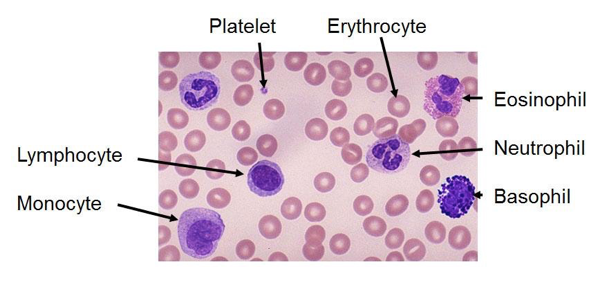CENTER FOR IMMUNOTHERAPY
3, kirov str., skhodnya microdistrict, khimki
The main four principles of the Center’s modus operandi
- An integrated comprehensive objective analysis of each patient’s health status, indications and contraindications for immunotherapy.
- Development of thoroughly optimized and personalized patient’s treatment.
- Application of state-of-the art innovative effective immunotherapeutic treatment protocols and technologies.
EXTRACORPORAL IMMUNOTHERAPY has been developed at our Centre as an innovative technology to modulate (to program) the functionality of immunocompetent cells ex vivo (outside the body), followed by their introduction into the patient’s body.

Current paradigm holds that the immune system is designed to maintain antigenic homeostasis and structural integrity of the body, with human peripheral blood containing all necessary and sufficient components of the innate and acquired immunity.
At our CENTER, we have developed translational state-of-the art extracorporeal technologies allowing for the implementation of highly efficient control over, and re-programming manipulation of, migrational and functional activity of various leukocyte populations (granulocytes, macrophages and lymphocytes). Specifically, we found that a short-term incubation (up to 18 hours) of leukocytes with immunomodulating drugs under ex vivo conditions can dramatically modulate their migratory and functional activity, thus endowing cells with desired immunotherapeutic properties. Depending on the particular immunomodulator used, leukocytes can be bestowed with pronounced anti-tumor, anti-infective, anti-inflammatory or regenerative properties.
Extracorporeal immunotherapy was found in clinical settings to mobilize patient’s immune system to fight a particular disease with minimal side effects on the internal organs and tissues of the body. Our extensive clinical expertise supports the conclusion that our extracorporeal immunotherapy technology is a highly effective modality for treating patients at very advanced disease stages when standard treatment was proven to be ineffective and/or all other treatment strategies exhausted. We stress that all manipulations are carried out without contact of blood components with the external environment, i.e. in full compliance with the law.
Importantly, extracorporeal immunotherapy provides a possibility for the application of autologous (i.e. from the same patient) and allogeneic (i.e. of a donor origin) immunocompetent cells; the latter possibility opens an access to the realm of fully competent immune cells with high clinical potential. We emphasise that our final leukocyte-based immunotherapeutic agents lack erythrocytes, thus effectively eliminating the risk of potential serious side effects and complications due to harmful interactions between natural antibodies with erythrocyte-associated antigens.
An outline of extracorporeal immunotherapy procedure:
1. Venous blood (100-400 ml) is taken from a patient or donor closely related to the patient.
2. The preparation of primed leukocytes is performed according to the original procedure, which is accomplished within (3-to-20 hours).
3. Using minimally invasive technologies, primed leukocytes are injected into a patient.
A typical immunotherapeutic regimen is carried out in the course of 1-5 days in outpatient or inpatient settings.
Cancers
Active anti-cancer immunotherapy is designed primarily to stimulate functional activity of all immune cells with antitumor potential with simultaneous inhibition of the functional activity of immunosuppressive cells. Our clinical data shows that antitumor immunotherapy is effective in treating melanoma, kidney cancer, prostate cancer, glioma, colorectal cancer, lung cancer, breast cancer, thyroid cancer, ovarian cancer, pancreatic cancer and stomach cancer.
Autoimmune and allergic diseases
Anti-inflammatory immunotherapy regimen is applied to stimulate immune responses that selectively inactivate pathogenic autoimmune lymphocytes. Such immunotherapy was proven to be effective in the treatment of rheumatoid arthritis, multiple sclerosis, ankylosing spondylitis spondylitis), psoriasis, autoimmune vasculitis, scleroderma, atopic dermatitis and polyantigenic allergies.
Infections
An adoptive immunotherapy platform was developed as an effective method of mobilizing patient’s own immune system to fight chronic infections.
Degenerative diseases of the musculoskeletal system
Regenerative immunotherapy is used primarily in the treatment of osteoarthritis, joint injuries and spinal diseases (osteochondrosis, dorsopathy, disc protrusion).
Storage of immune cells, immune cell-derived microvesicles, and plasma
State-of-the-art cell cryopreservation technology has been developed that ensures optimal storage and application of immunoactive material when deemed clinically necessary to boost protective resources of patient’s immune system reduced as a result of aging or disease.
